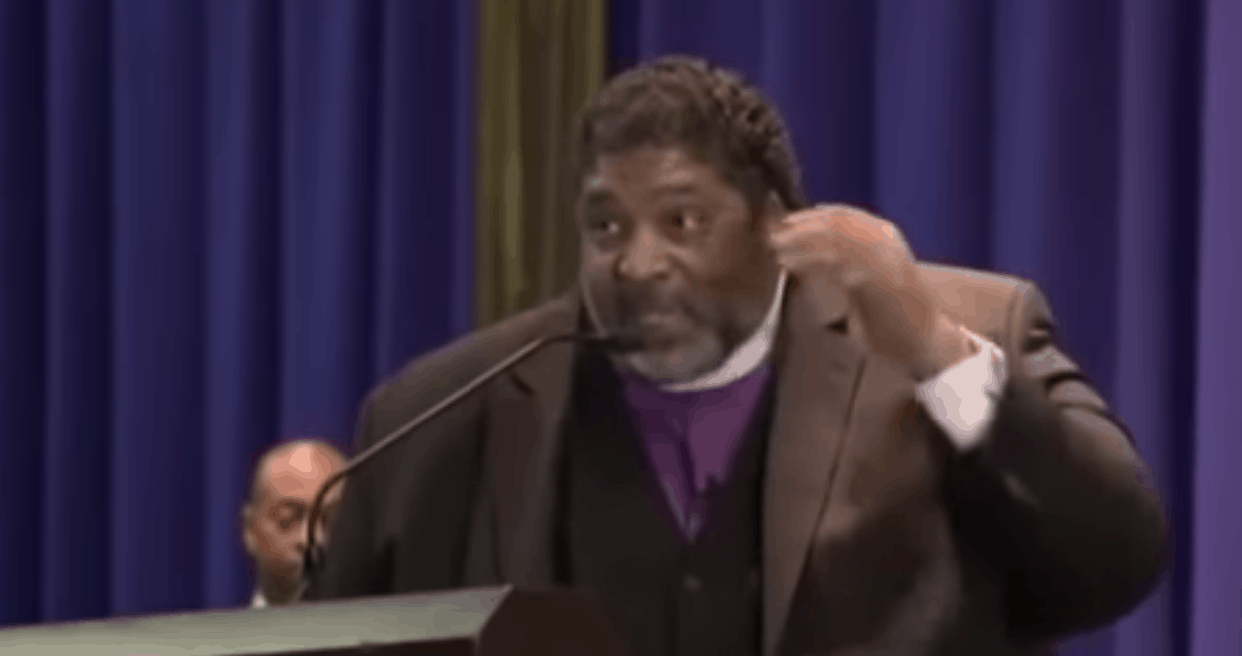“In God We Trust.” Since 1864, it has been stamped on every U.S. coin. In 1956, it was added to our paper currency. During the Civil War, this motto came to represent the reality that, in moments of national turmoil and strife, our ultimate trust is not in any earthly authority but is found in God alone.
The relationship between faith and country has always been a tenuous one. Yet regardless of how you might feel about having this motto on our currency, the question of who we trust is ultimately an important one to consider.
For those of us who are Christ followers, the truth is that no administration, no party and no political system will fully represent all of the values that we hold as members of God’s kingdom. And Christians, like everyone else, have divided over who they voted for in our recent election. Regardless of how you voted, it’s clear our nation is facing many challenges, and the debates over what need to be done from here are deep and complex.
So, how do we come together today? Well, I think that we do what we have always done: We pray, and we work for transformation. Now, as in times past, we must be people of prayer who humbly serve alongside those in authority for the greater glory of God.
But how do we pray for and work with our government, even when we won’t always agree with its policies or decisions on every point? In Romans 13, the apostle Paul gives us some powerful words by which to measure ourselves as we consider our relationship with the governing authorities. He writes:
“Let everyone be subject to the governing authorities, for there is no authority except that which God has established. The authorities that exist have been established by God…For the one in authority is God’s servant for your good … They are God’s servants, agents of wrath to bring punishment on the wrongdoer. Therefore, it is necessary to submit to the authorities, not only because of possible punishment but also as a matter of conscience.”
Of course, our democratic context is far removed from the totalitarian state under which Paul lived. However, the main thrust of Paul’s message was to help the early Church view its interaction with the state through the lens of God’s authority, realizing that all human authorities ultimately stand under God’s sovereign reign. As a result, they were to live as God-honoring citizens who fulfill their duties to the state in a way that ultimately pointed those in power back to the God as the rightful ruler of the universe.
This truth in our current context requires us to engage in the political process as citizens of the Kingdom by playing a transformative role in our society and by pointing all authorities back to God as the ultimate sovereign. We do this not by criticizing and condemning those in authority from afar, but by serving them in ways that ultimately reflect our commitments as members of Christ’s Kingdom.
Paul’s words here remind us that those in authority have a staggering responsibility. In verse 4, Paul notes that the authorities have been charged with pursuing justice in a world broken by sin. As such, we should honor them where honor is due and pray for them because they are, ultimately, going to be held accountable by God for their actions.
Because of this incredible responsibility, we, as God’s people, must diligently pray for and lovingly serve those in authority. As the new President today stands for his inauguration, we pray for him and for his cabinet and advisors that they would use their power wisely, exercising justice for all people and pointing them back to God as the source and definer of what true justice ultimately looks like.
Furthermore, we should partner with those in authority as much as possible to pursue ends that advance the kingdom of God. As children of God, we are supposed to have a transformative effect on our society—and that means that we are all called to political engagement.
Of course, sometimes having a transformative effect on society also means holding the authorities accountable and calling them to a higher standard. Martin Luther King Jr. is a model example of this. As a Christian minister, Dr. King understood what it meant to be prophetically engaged with those in Washington. During his last speech, Dr. King spoke these powerful words:
“All we say to America is, ‘Be true to what you said on paper.’ If I lived in China or Russia or any totalitarian country maybe I could understand some of these illegal injunctions. Maybe I could understand the denial of certain basic First Amendment privileges because they haven’t committed themselves to that over there. But somewhere I read of the freedom of assembly. Somewhere I read of the freedom of speech. Somewhere I read of the freedom of press. Somewhere I read that the greatness of America is the right to protest for right.”
Dr. King embodied what it means to faithfully and lovingly call our authorities to the greater calling of justice, and to work alongside those who did so. He had plenty to criticize America for, but he chose the difficult road by engaging this broken system rather than standing apart and condemning it. So must we.
























